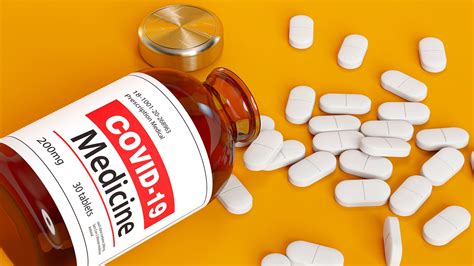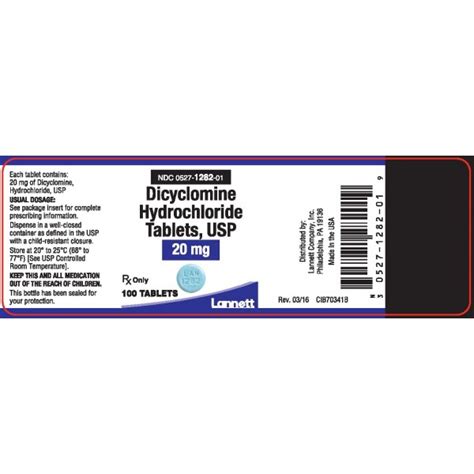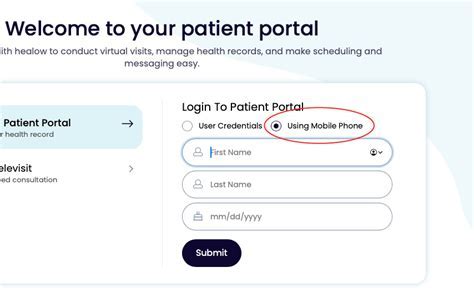Covid 19 Medicine

The quest for effective Covid-19 medicines has been a paramount focus of the global healthcare community since the outbreak of the pandemic. The coronavirus disease 2019, caused by the SARS-CoV-2 virus, has presented unprecedented challenges, necessitating rapid advancements in medical research and drug development. As of the latest updates, various therapeutic options have been explored, ranging from repurposed drugs to novel therapies designed specifically to target SARS-CoV-2.
Understanding Covid-19 Treatment Challenges
Covid-19’s impact on the human body is multifaceted, affecting not only the respiratory system but also having potential effects on cardiovascular, neurological, and other bodily systems. This complexity necessitates a multifaceted approach to treatment, addressing both the viral infection itself and the resultant inflammation and immune response that can lead to severe illness. The development of effective medicines is further complicated by the virus’s ability to mutate, leading to variants that may exhibit different levels of transmissibility and virulence.
Existing and Emerging Therapies
Several medications have been repurposed or are under investigation for their potential in treating Covid-19. These include:
Antiviral Drugs: Medications like remdesivir have shown promise in reducing the duration of symptoms in hospitalized patients. Other antivirals, such as molnupiravir, have been approved for use in certain contexts, offering oral treatment options for those with mild to moderate disease.
Corticosteroids: Dexamethasone, a corticosteroid, has been found to reduce mortality in patients requiring oxygen or mechanical ventilation, highlighting the role of inflammation in severe Covid-19.
Monoclonal Antibodies: Therapies like casirivimab plus imdevimab have been authorized for emergency use in mild to moderate Covid-19 in patients at high risk for progressing to severe disease, providing a proactive approach to preventing hospitalization.
Vaccine Development: While not a medicine per se, vaccines have been the cornerstone of Covid-19 prevention efforts. Multiple vaccines have been developed and distributed worldwide, showcasing unprecedented collaboration and innovation in vaccine research and development.
The Role of Medicines in Covid-19 Management
Medicines play a crucial role in the management of Covid-19, serving both as therapeutic agents to alleviate symptoms and as preventive measures to reduce the risk of severe illness and complications. The strategic use of these medicines, guided by clinical evidence and patient-specific factors, is essential for optimizing outcomes.
Future Directions and Challenges
The landscape of Covid-19 medicines is continuously evolving. Ongoing research aims to improve existing treatments and to discover new ones, addressing the needs of diverse patient populations and emerging variants of the virus. Key challenges include ensuring global access to effective therapies, managing the potential for drug resistance, and integrating new treatments into comprehensive care pathways that also prioritize supportive care and public health measures.
Expert Insights
According to leading health experts, the future of Covid-19 treatment will likely involve a combination of antiviral therapies, immunomodulatory agents, and possibly novel compounds that target specific aspects of the SARS-CoV-2 life cycle or the host’s response to infection. The importance of vigilance, continued investment in research, and international cooperation cannot be overstated, as these elements will be crucial in adapting to the evolving pandemic landscape.
Practical Applications and Considerations
For healthcare professionals and patients alike, understanding the current spectrum of Covid-19 treatments and their appropriate use is vital. This includes recognizing the indications, benefits, and potential side effects of available medicines, as well as being aware of the latest clinical guidelines and research findings. Moreover, addressing disparities in access to care and ensuring equitable distribution of effective treatments remain pressing issues that require sustained attention and action.
Data and Statistics
As of the latest available data, numerous clinical trials have been conducted or are underway to evaluate the safety and efficacy of various Covid-19 treatments. For instance, a pivotal study on remdesivir demonstrated a significant reduction in time to recovery among hospitalized patients, with a median time to recovery of 10 days versus 15 days for those receiving placebo. Such findings underscore the potential of targeted therapies to meaningfully impact patient outcomes.
Conclusion
The quest for effective Covid-19 medicines represents a complex and dynamic challenge, necessitating ongoing innovation, rigorous scientific inquiry, and collaborative effort. As our understanding of the virus and its impact on human health evolves, so too will the array of therapeutic options available to clinicians and patients. By staying informed about the latest developments and fostering a commitment to evidence-based practice, we can work towards optimizing care for those affected by Covid-19 and ultimately, mitigating the pandemic’s global toll.
What are the primary challenges in developing effective Covid-19 medicines?
+The primary challenges include the virus’s ability to mutate, the need for therapies that can address both the viral infection and the resultant inflammation, and ensuring global access to effective treatments. Additionally, managing potential side effects and the risk of drug resistance are critical considerations.
How do vaccines fit into the broader strategy for managing Covid-19?
+Vaccines have been a cornerstone of Covid-19 prevention efforts, offering a proactive approach to reducing the risk of infection and severe illness. By inducing immunity against SARS-CoV-2, vaccines help protect individuals and communities, thereby reducing the spread of the virus and alleviating the burden on healthcare systems.
What role do monoclonal antibodies play in treating Covid-19?
+Monoclonal antibodies, such as casirivimab plus imdevimab, have been authorized for emergency use in treating mild to moderate Covid-19 in high-risk patients. These therapies can help prevent hospitalization by providing targeted protection against the virus, especially in individuals who may not mount an adequate immune response to infection or vaccination.



